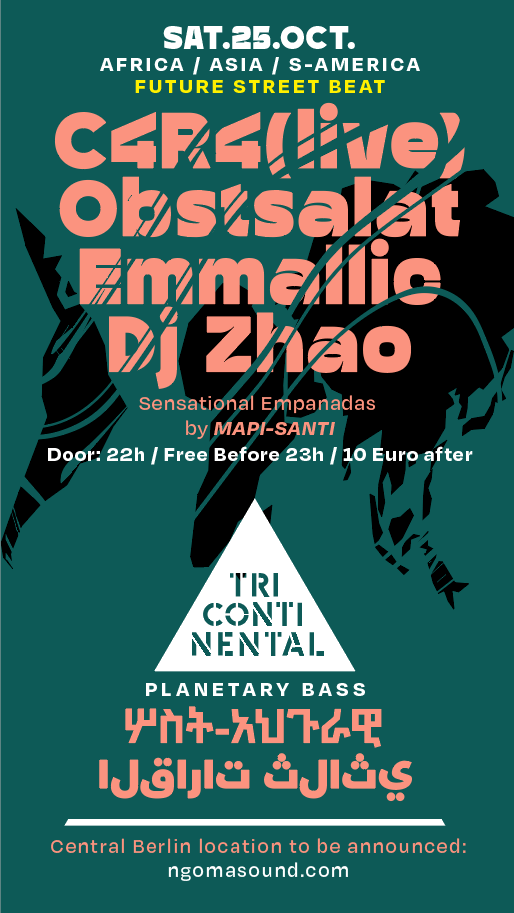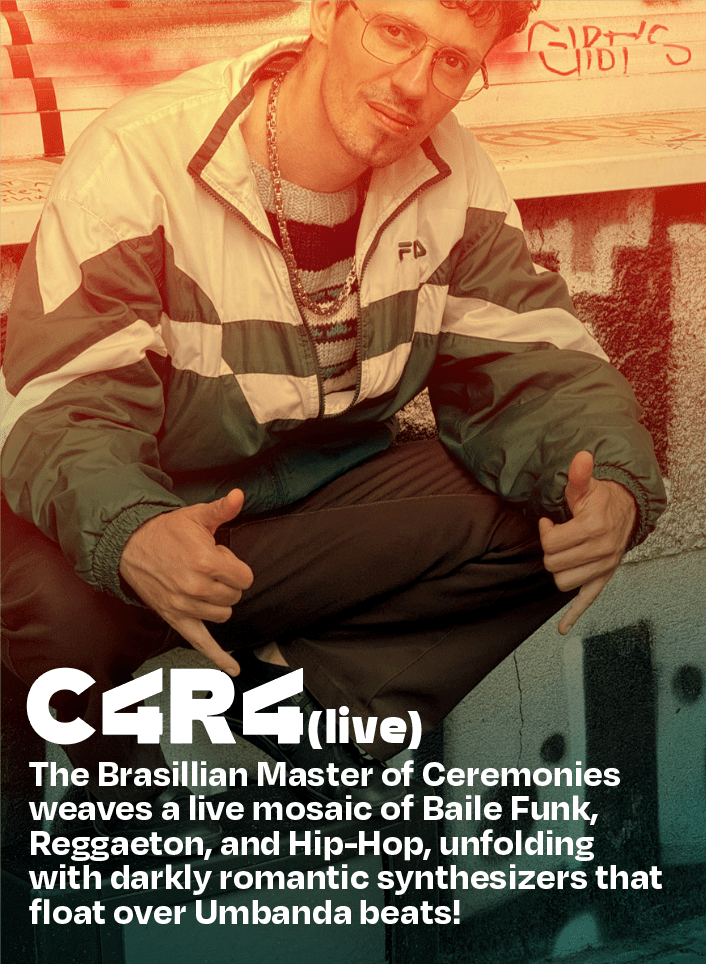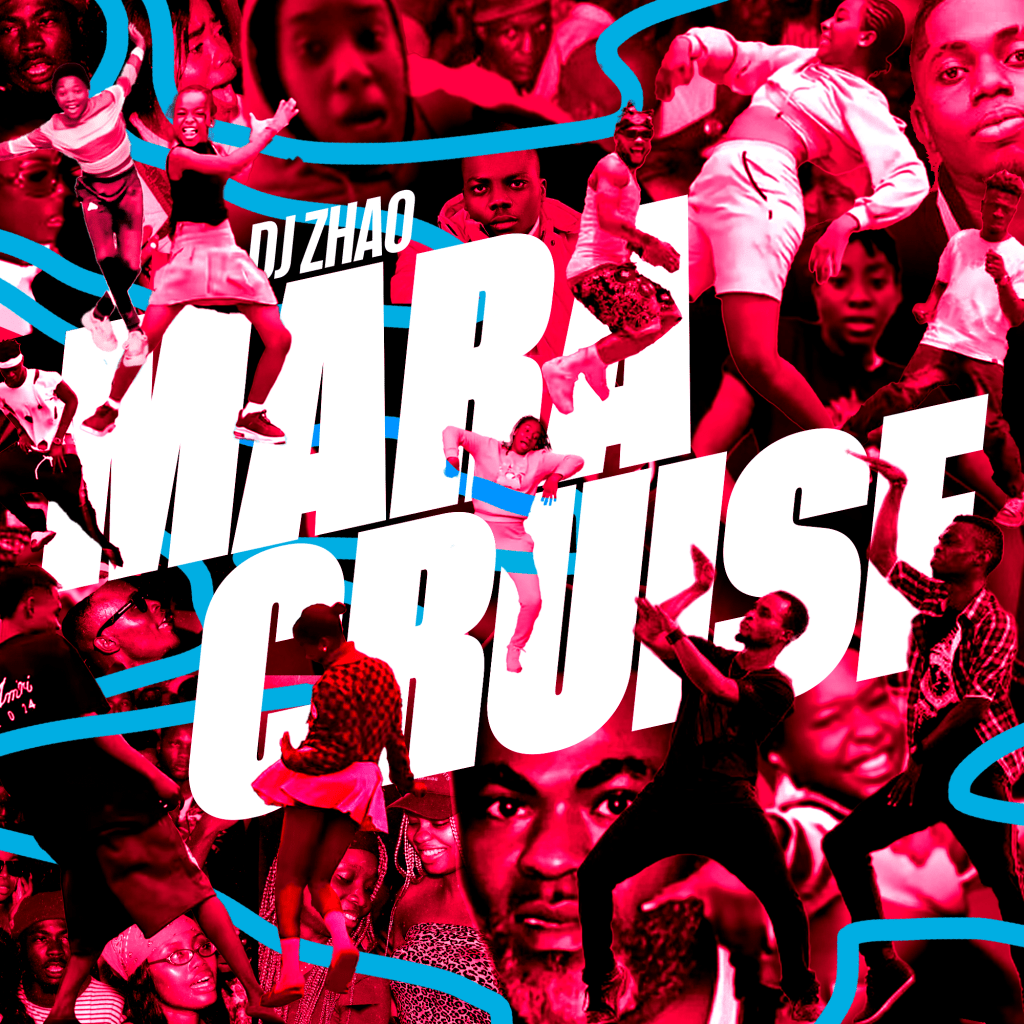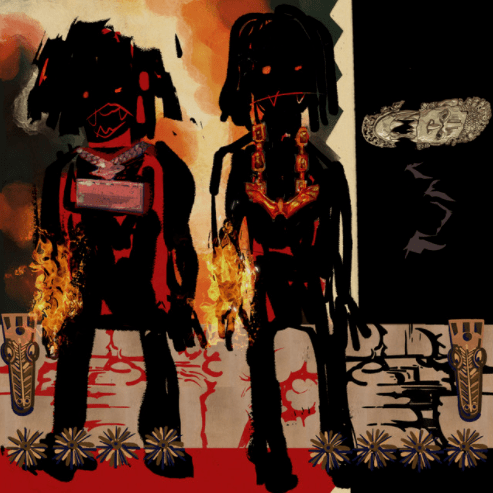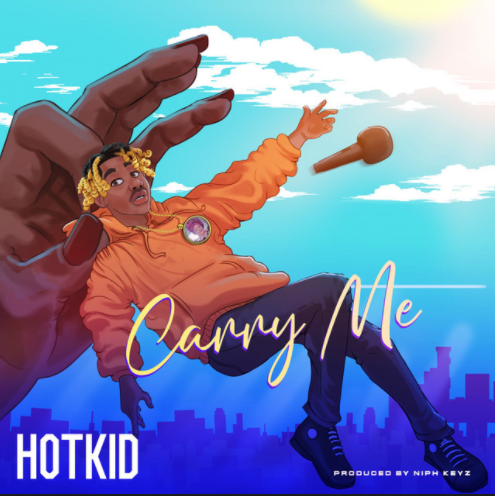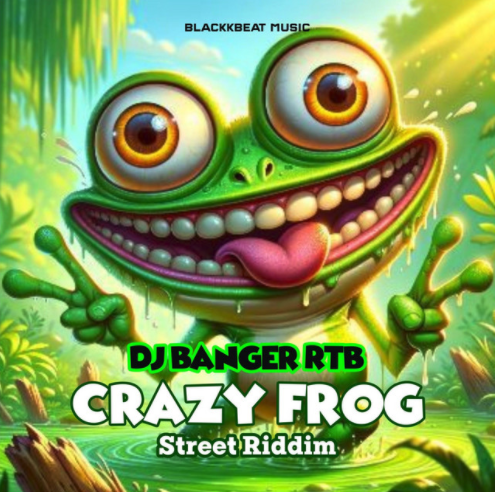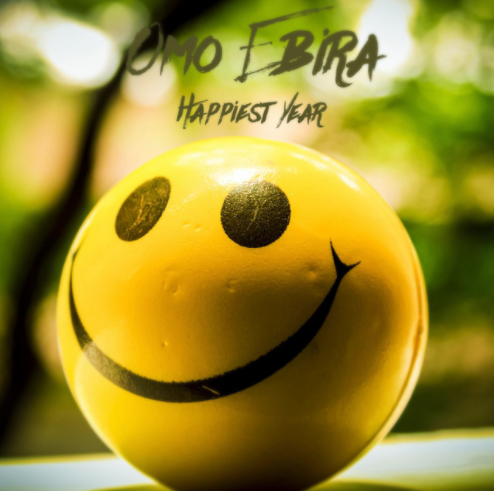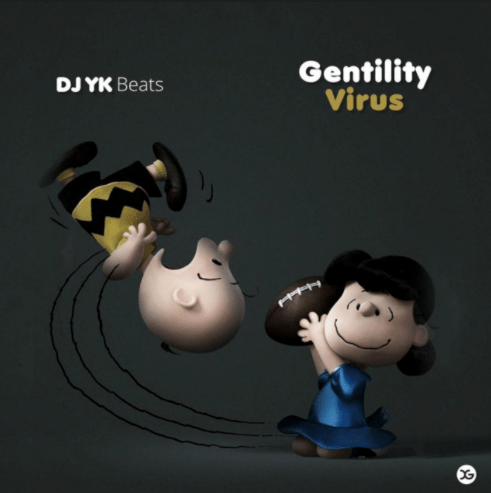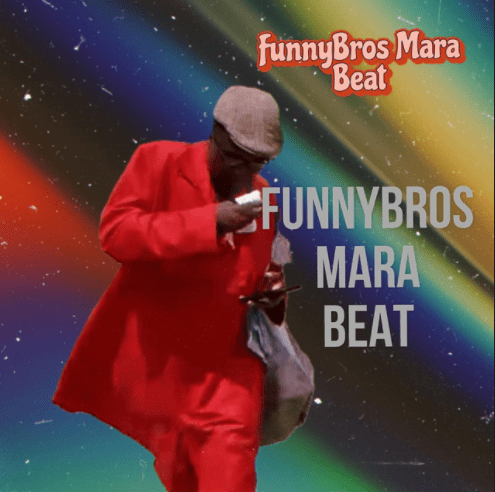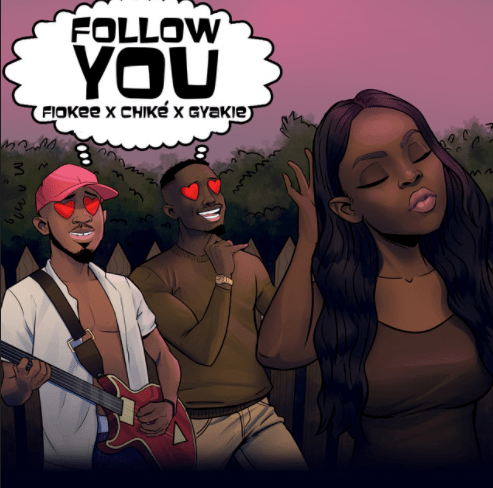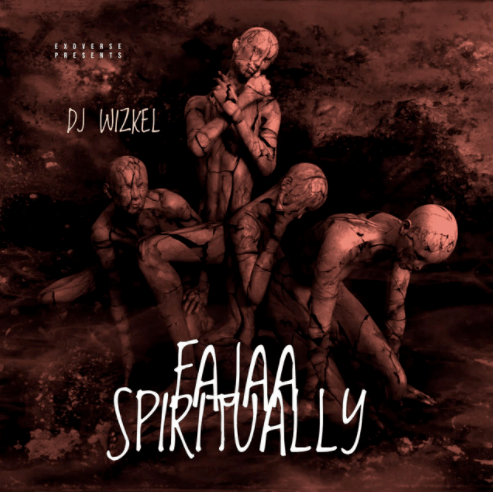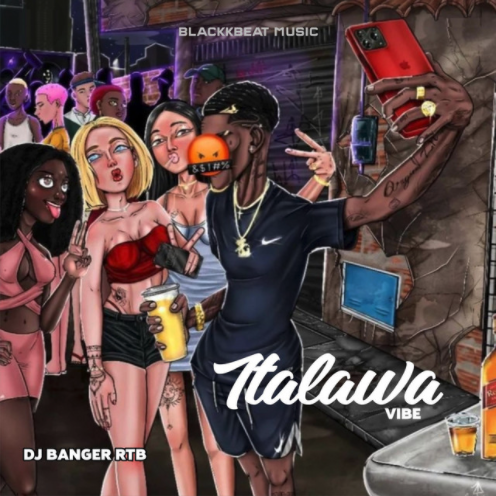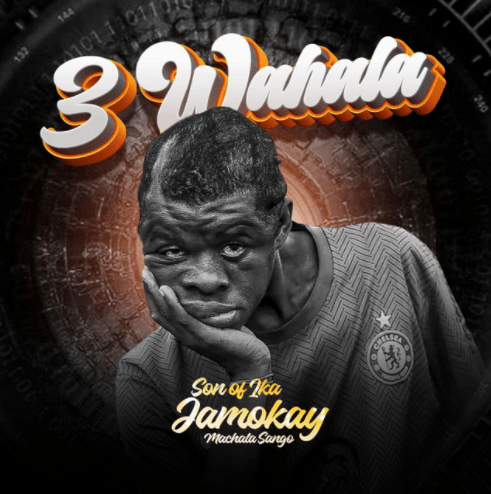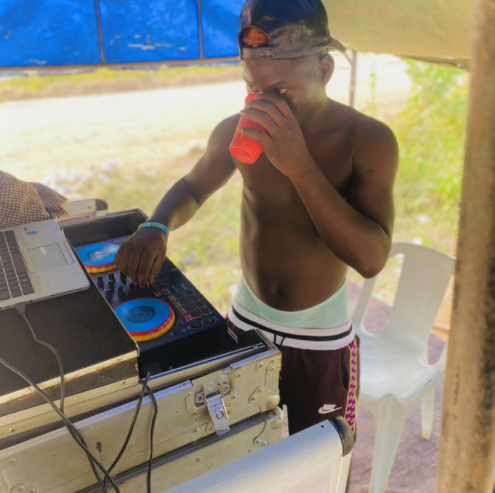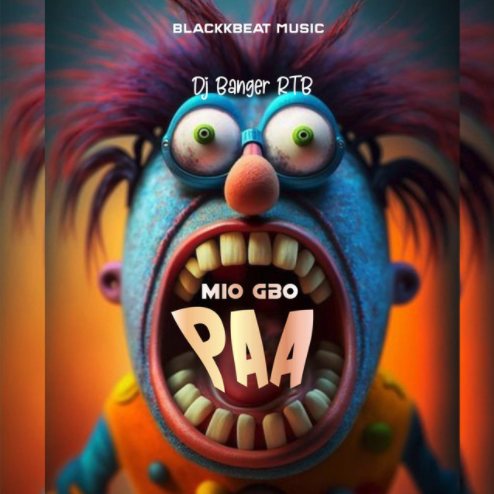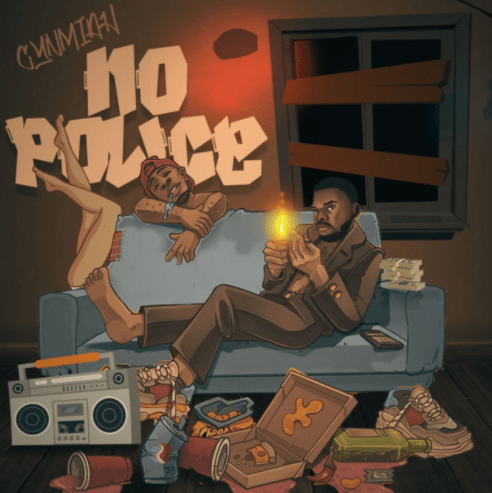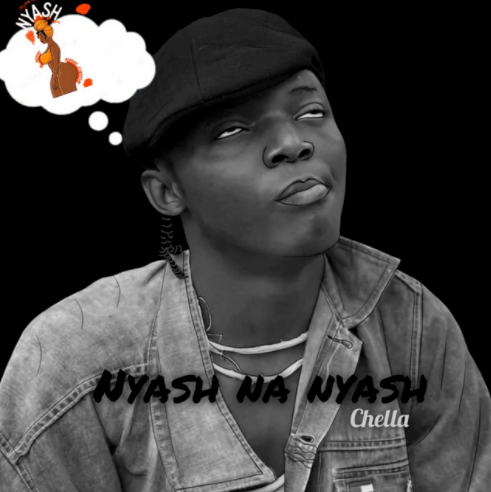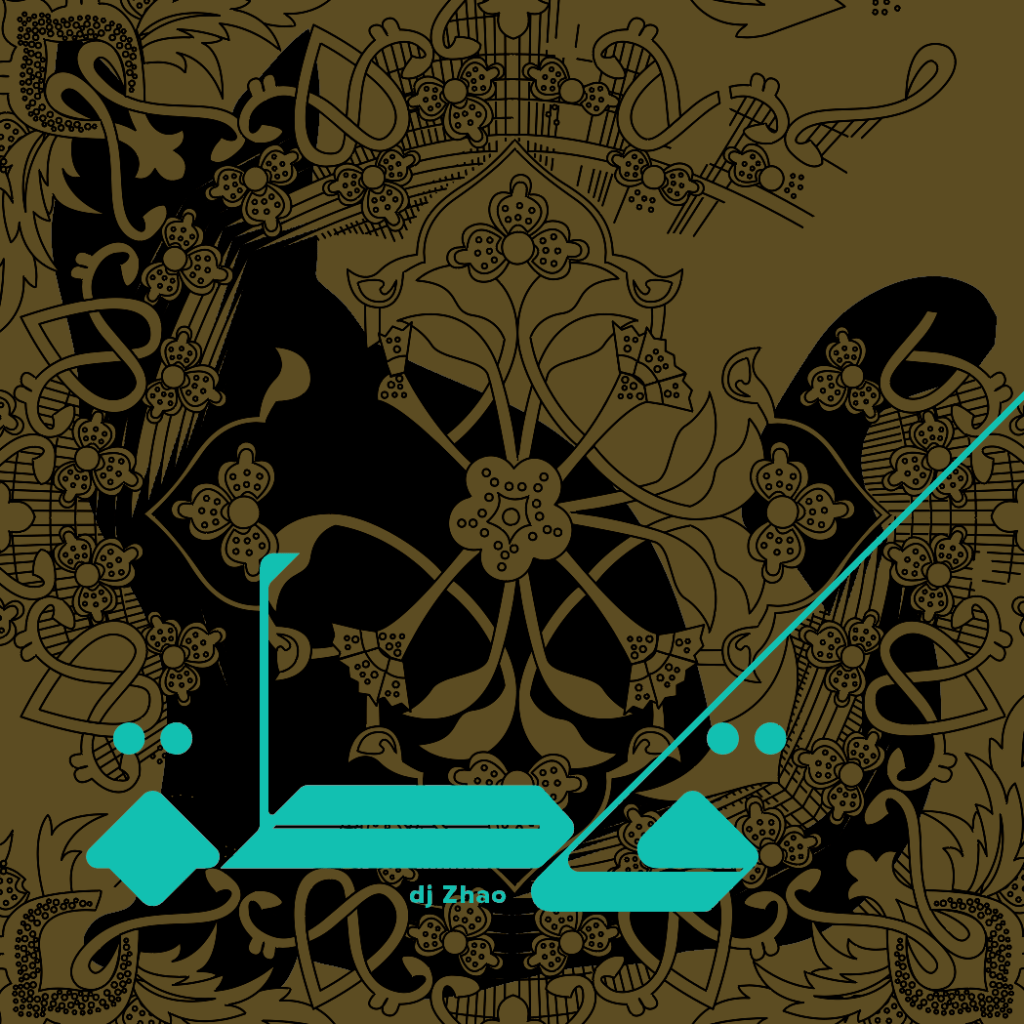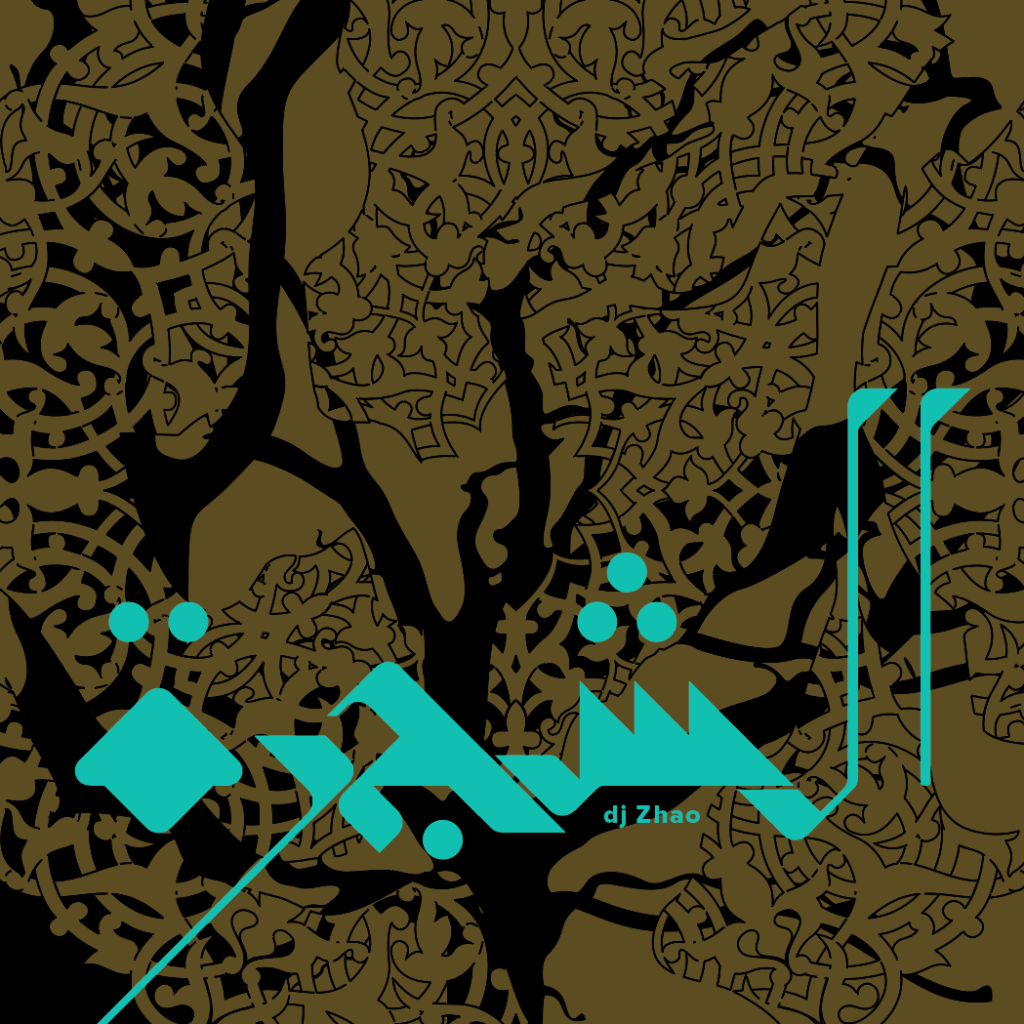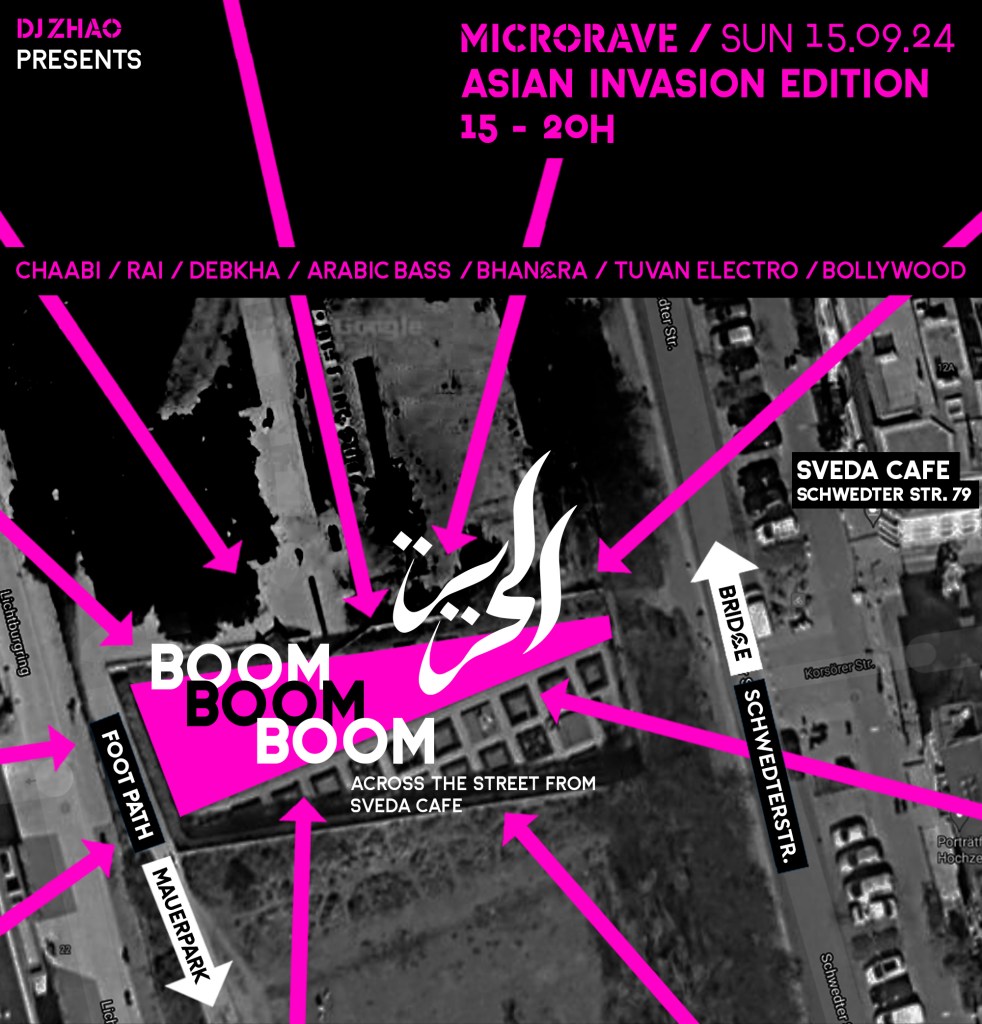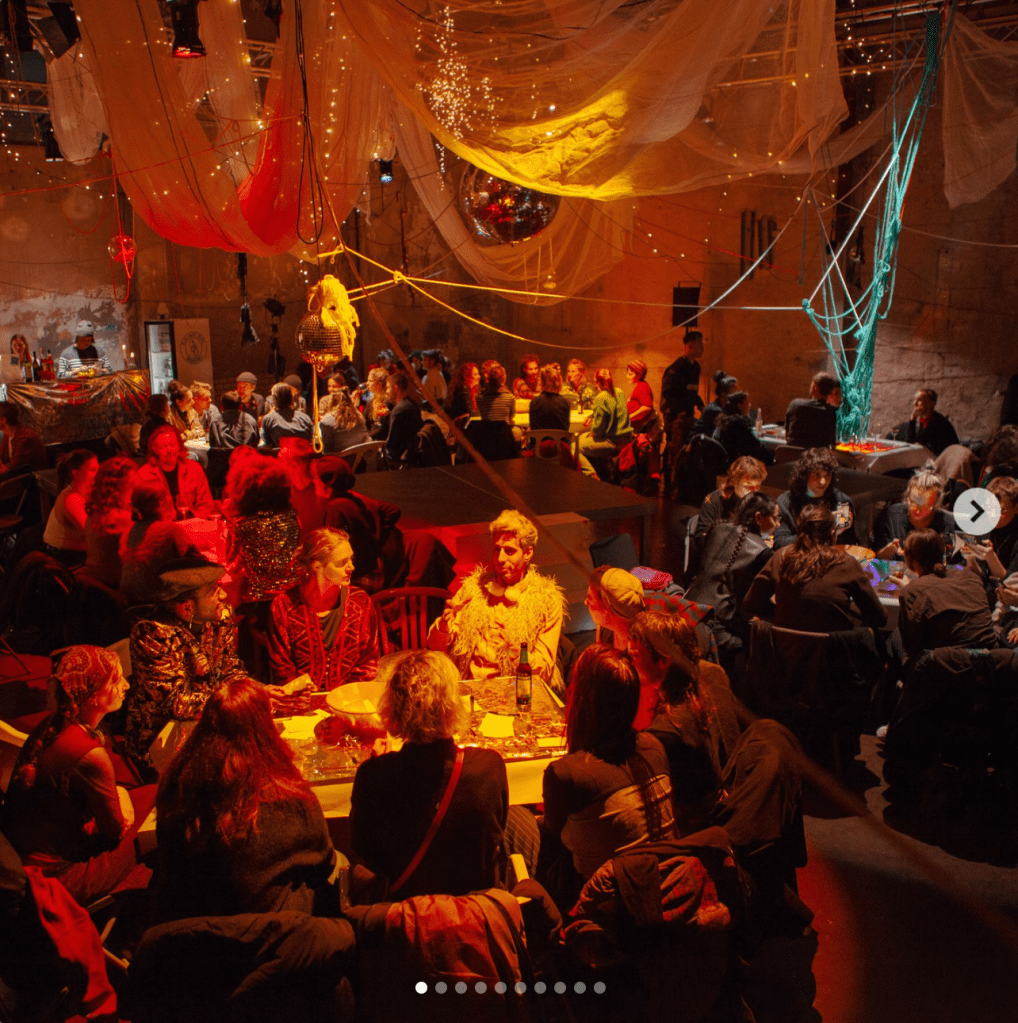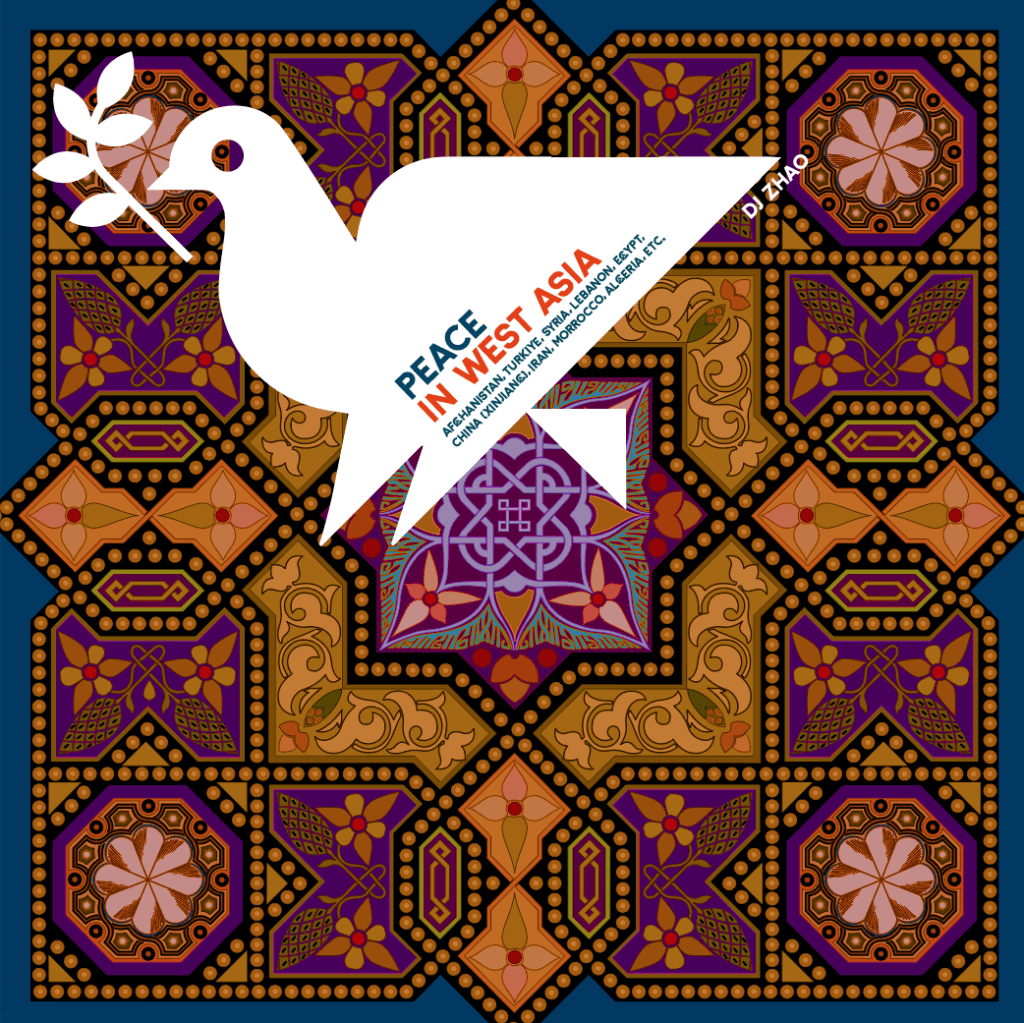LOCATION WILL BE ANNOUNCED ON DAY OF THE PARTY IN THE FOLLOWING SOCIAL MEDIA GROUPS:
WHATSAPP
TELEGRAM
If you have no social media at all, please send email to ngomasounds@gmail.com with subject: TRI-CON INFO
–––––––––––––––––––––––––––––––––––––––––
TRI-CONTINENTAL is devoted to the most advanced rhythm science from Africa, Asia, and South America.
During all of human history, various cultures have always traded goods, recipes, rhythms, ideas, and different peoples have always intermingled and intermarried. For millennia Africans, Arabs, Persians, Indians, Chinese, and Europeans did business and partied in metropolitan centers like Zanzibar, one of many such hotspots across the most vibrant exchange routes in the Indian Ocean. Until the 1600s, when the Portugese and later French and English, etc., choked off free trade by controlling all the major pots, and spread an ideology of cultural purity and ethnic essentialism, separating people into boxes — a process which has only intensified in our neo-liberal times.
Today in Berlin TRI-CONTINENTAL seeks to bring together people from migrant backgrounds and anyone interested in truly 21st Century dance music (rather than the same 50 years old Disco rhythm pattern), to enjoy real underground sounds from far away places, share ecstatic moments on the dance floor, build direct connections outside of the patronage and confines of state funded official institutions of liberal multi-culturalism.
The music we love is often made by poor people. While we do not agree with the occasional lyrical expression of violence, sexism, homophobia, etc., it does not stop us from playing the rich and meaningfully multi-layered music of the working class and under class, who are the inheritors of social dance cultures, the original collective sacred.
TRI-CONTINENTAL will take place at a sweet underground club in a popular nightlife neighbourhood, with around 250 capacity on the main floor, and 30 in the chill out area.
Because it’s an underground location, everyone must be very, very quiet while approaching and entering — we can not have any noise outside the door.

LOCATION WILL BE ANNOUNCED ON DAY OF THE PARTY IN THE FOLLOWING SOCIAL MEDIA GROUPS:
WHATSAPP
TELEGRAM
If you have no social media at all, please send email to ngomasounds@gmail.com with subject: TRI-CON INFO
See you on the dance floor 🙂

